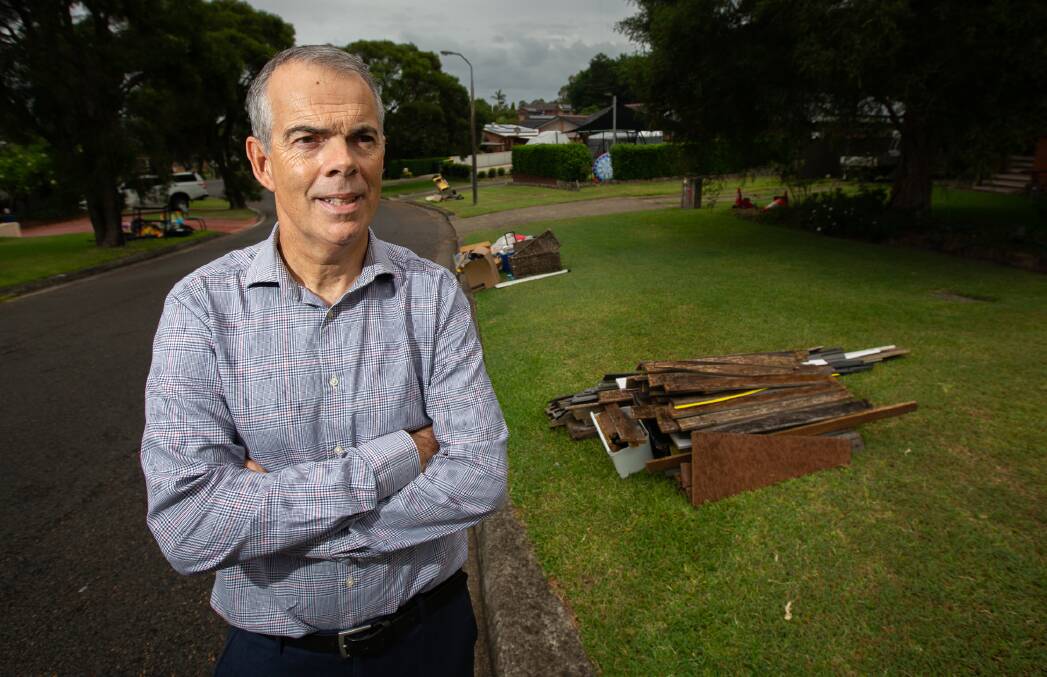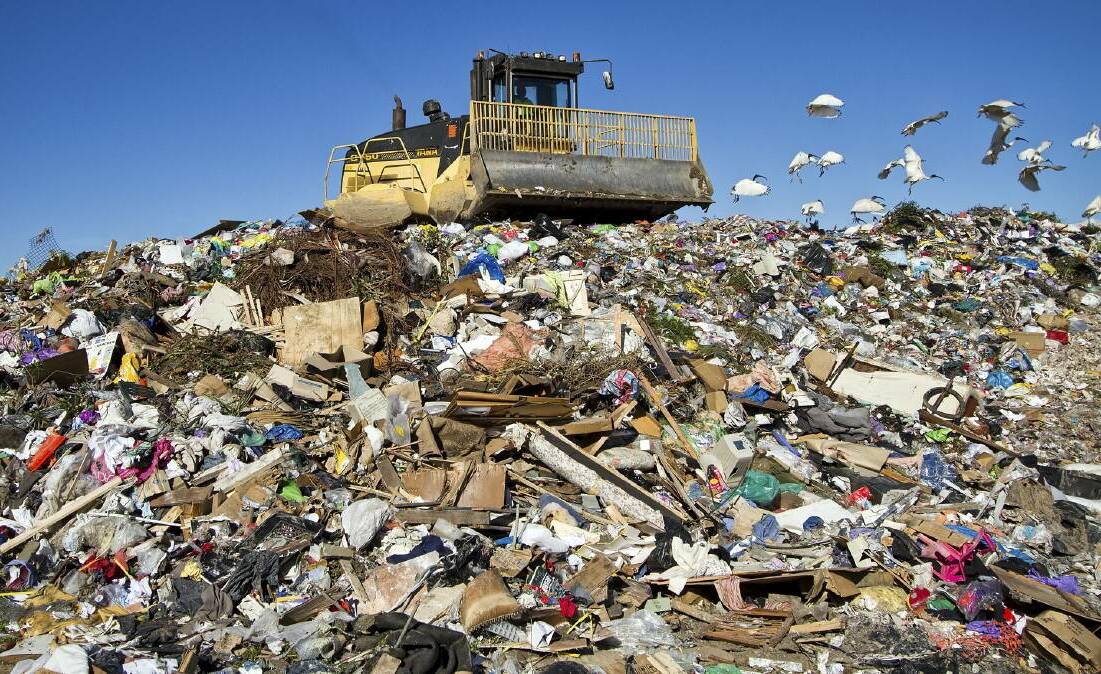
A LOAD of rubbish has been spared from landfill in Lake Macquarie with more than half of residents' 91,000 tonnes of kerbside waste diverted in 2022-23.
With just three years of airspace remaining in the existing cells based on current fill rates, Lake Macquarie City Council waste services manager Paul Collins said he hopes to divert more waste to extend the life of the landfill.
"We're taking the necessary steps to expand these cells and have plenty of area within the facility's existing footprint to meet the city's needs for years to come," he said.
All up, the council collected 214,000 tonnes of waste from kerbside, commercial and infrastructure projects of which 70 per cent was diverted.
Lake Macquarie residents are particularly good at taking out the trash, with recovery rates from the red, green and yellow bins higher than the 43 per cent average across the state.
But despite kicking unnecessary waste to the kerb, Mr Collins said the council still hopes to do better.
"Some ways we intend to achieve this include continuing to encourage residents to recycle food waste through their green-lidded food and garden organics bins, continue to recycle mattresses, bundled garden waste, e-waste and metals from households' bulky waste, exploring additional recovery options for residual bulky waste and opening the new Eastlakes Community Recycling Centre (ECRC) late next year," he said.
The ECRC at Floraville Road, Belmont is expected to be finished in late 2024, designed to make throwing out problem waste easier for the community.
It will accept non-hazardous materials that don't belong in the bin, like paint, gas bottles, motor and other oils, batteries, smoke detectors and fire extinguishers.
The council also hopes to be able to take excess cardboard, expanded polystyrene and soft plastics from local households.
In the last year, the council started several trials to promote a circular economy, collecting soft plastics from things like washing baskets, CD cases, nursery pots and bumper bars which were sent to a local manufacturer to be turned into bollards, fence posts, car park stoppers and bench seats around the city.
So far, the council has bought back 40 bollards and five park benches made from 1015kg of plastic.

Mr Collins said thanks to residents' support for the plastics recycling service at the Awaba Community Recycling Centre, 2650kg of soft plastics have been saved from being sent to landfill since the trial began in August.
"Council has been purchasing these end products to close the loop and already begun installing them in locations throughout the city," he said.
"So far the trial is a great success and we'll be monitoring it in the months ahead to make a decision on continuing into the 2024-25 financial year."
A drier year lead to a reduction in garden waste, which saw food and garden organics collection drop to 38,300 tonnes this financial year.
Meanwhile, community awareness about problem e-waste recycling, as well as more e-products being around, led to a 54 per cent increase in e-waste recycling.
Mr Collins said targeted campaigns and more awareness about the need to throw out problem waste correctly seems to be working.
"Greater participation in council's Chemical CleanOut drop off events also boosted our tonnages of recovered hazardous wastes," he said.
"We also added new community recycling stations at the Sugar Valley Library Museum and the new Landcare facility in Booragul which is helping to provide more convenient access points for residents to responsibly dispose of small problem waste items like batteries."
The council will launch its new bulky waste bookable system in February, with the first collections kicking off in March.
Mr Collins said he's excited to give residents the freedom and flexibility to book kerbside collections when they want them.
"Households will still be entitled to two collections a year, but now they can choose between drop-off vouchers to take bulky waste to the Awaba Waste Management Facility or to have their bulky waste collected when it's most convenient for them," he said.
"The bookable system will create tidier streets and neighbourhoods, as the verge of entire suburbs won't be full at the same time."
The switch is expected to reduce operating costs by about $5 million over 10 years, according to the council.






